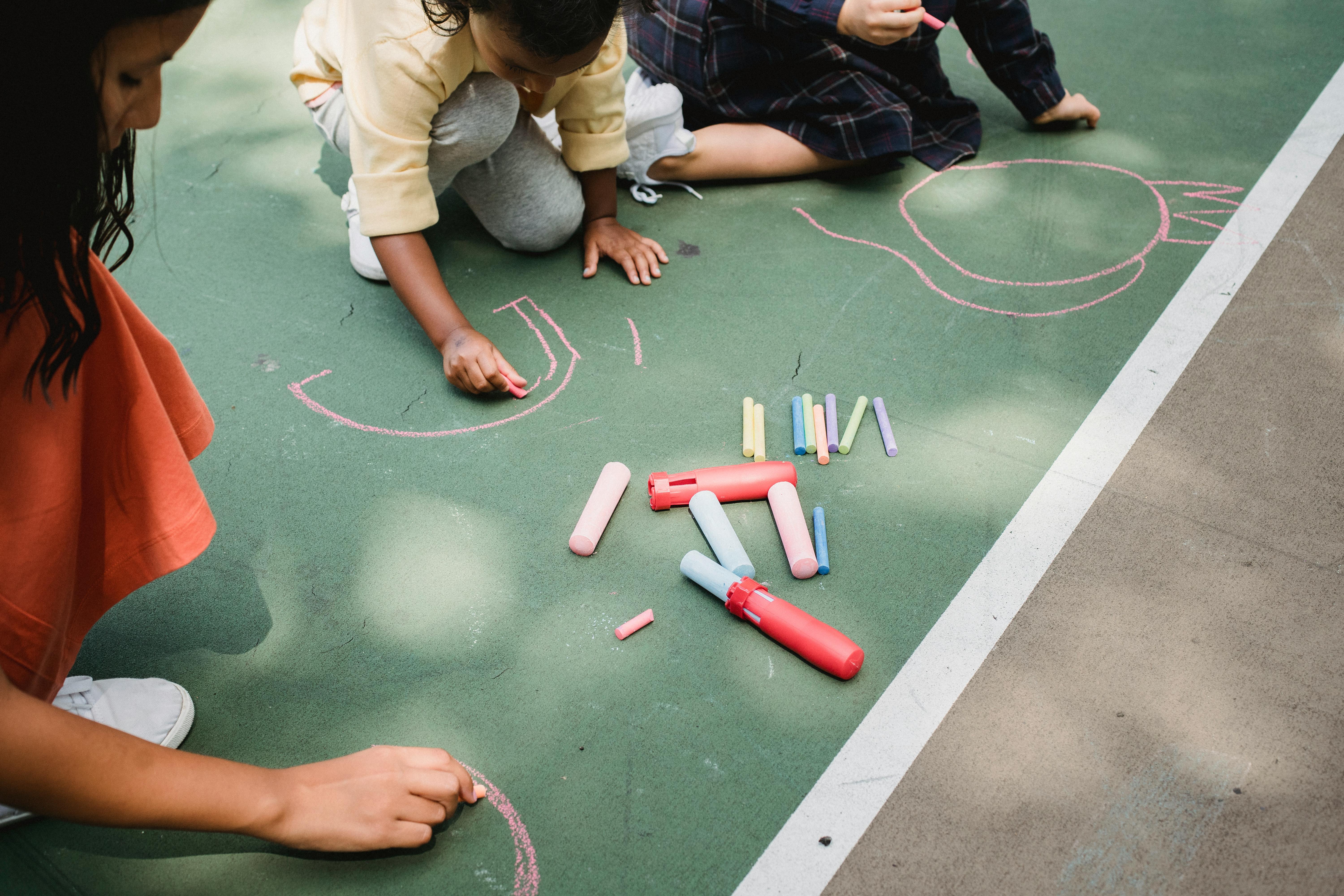Communication is defined as the transmission or exchange of information or news, or a letter or message containing such information or news. It is the successful transmission or exchange of ideas and feelings through the connection between people or places. Good communication will ensure that the person or persons receiving the message or information understand the message sent. Regardless of the communication medium or channel you are using to convey any message, you need to know and practice good communication so that you can ensure that the people you send your message to will respond immediately or even favorably. The following are some basic and very practical tips to achieve good communication skills to use in personal and professional settings.
1. Think clearly, define and decide what you are going to say. You cannot expect anyone who is going to receive your message to understand, let alone respond, to what you are going to say if you yourself do not have a clear idea of it. Planning is very important, especially if the setting is professional and you will address a large group of people or a group of authorities. Thinking clearly also applies even in impromptu or everyday conversations. When you think about what you are going to say first, you are less likely to make a mistake and offend someone. And you’ll be more likely to deliver a clear message.
2. Be aware of the occasion or environment you are in and choose accordingly how you are going to convey your message or how you will carry out your communication. If you are in a professional setting, you will do well to act professionally, use appropriate words without slang or slang, and display good credibility by using good manners. On the other hand, if you are addressing friends, old acquaintances, or just people in a casual setting, it may be helpful to use a more cheerful and engaging tone of communication to help bring about reassurance. In casual situations, it is acceptable to use common words and even physical contact if allowed and appropriate.
3. Listen and ask questions. Good communication only relies solely on the main person delivering a message. It also depends on the receiver. Listening and asking questions are practices that portray one’s interest and attention to the communication that is taking place. No matter how good the communicator is, the communication will not be effective or good if the receiver does not listen or even pay attention. Good communication is a two-way cycle of information from the sender to the receiver.
4. Opening. If both the communicator and the receiver are closed-minded to what the other is saying, a conflict will definitely arise. Although conflicts are often unavoidable in any communication, they can be avoided by keeping an open mind. If agreement is not possible, there is always compromise, and acceptance of the fact that different people have different opinions. If both the communicator and the receiver are open-minded, there is a good flow of ideas and information even in the differences in their natures.
